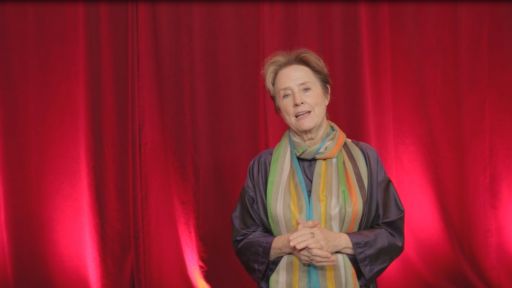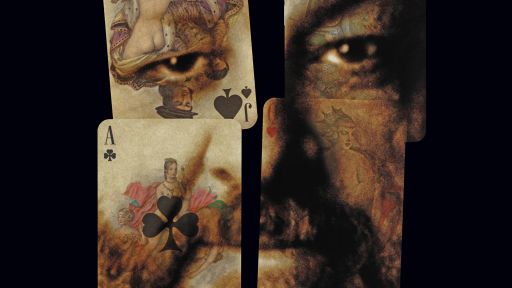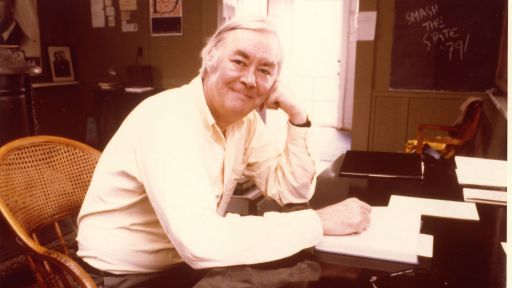In 1963, Daniel Patrick Moynihan and sociologist Nathan Glazer published their book, “Beyond the Melting Pot,” which transformed how ethnicity was viewed in America, from a homogenized country to one of jostling ethnic groups.
Video Features
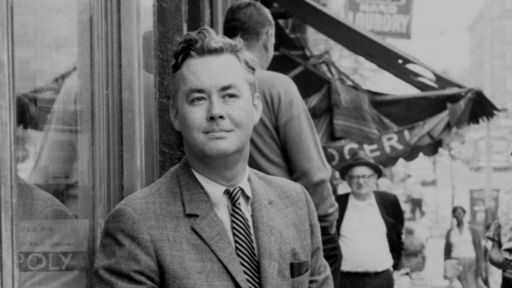
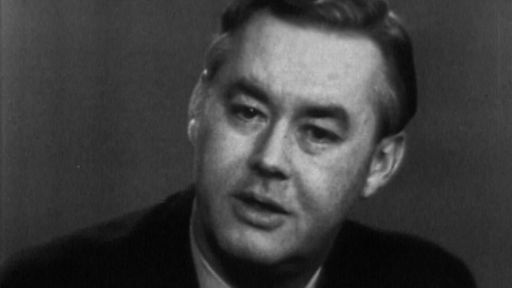
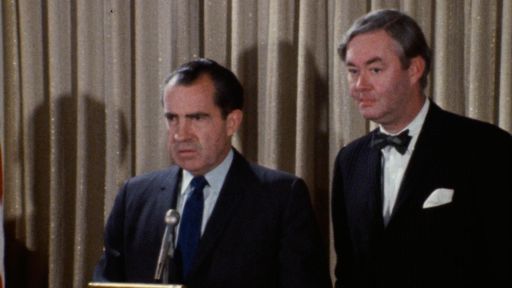
Written Features
Thought Leaders
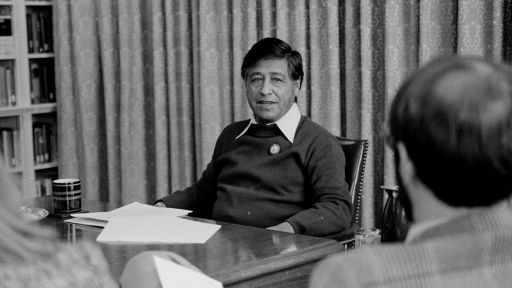
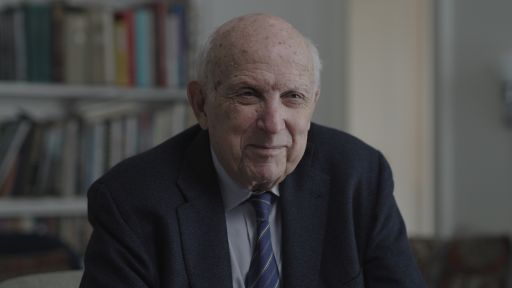


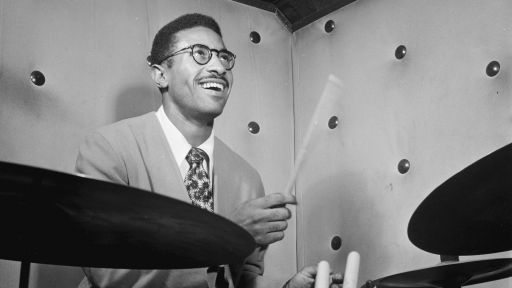
(jazz music) - I first met Pat in 1961 when I called him up and told him I'd like him to write for Commentary, and he said he'd be delighted.
- At that time, I'd become involved in a project to write a book on ethnic groups of New York City.
I wanted to find someone who both had some intellectual sophistication, but also had direct experience and involvement.
Irving Kristol, who was editing The Reporter magazine, said, "You should talk to Pat Moynihan."
And so we met.
- Irresistible, and he always was, the charm, the wit.
Always a lot of fun.
- We'd have these long walks in New York and we'd... (laughs) We observed the buildings and sometimes step into a bar and so on.
And he always drank much more than I did, but it didn't seem to affect him in any way.
And eventually, Pat wrote a wonderful essay on the Irish in New York and America.
(uptempo piano music) - [Narrator] When it was published in 1963, Glazer and Moynihan's book, "Beyond the Melting Pot", transformed how ethnicity was viewed.
It challenged the notion of a homogenized America and instead presented a country of jostling ethnic groups.
- There had been this idea that we'd all come over here, we were all different, we'd go into a melting pot, which is- - [Speaker] Israel Zangwill.
- [Pat] Israel Zangwill.
- [Speaker] The play, "The Melting Pot".
- [Pat] Right.
And that was our creed and our hope.
What we looked at was a city in which that hadn't happened at all, and if it wasn't gonna be there in New York, wasn't gonna be there anywhere.
- Pat Moynihan was very proud and really claimed, I think, with some justification, that he was present at the creation of this whole idea of studying ethnicity as a serious academic subject.
(uptempo piano music continues) - I remember I was raised on 42nd Street and taught to think that all the people lived on 43rd Street and 11th Avenue were somehow animals and against us enlightened people who lived on 42nd Street and 11th Avenue.
(uptempo piano music continues) We're a pretty mixed up population, and always have been and are always going to have some of the tensions that come with this.
That's one of the things that makes life interesting in the city.
(uptempo piano music continues)
You May Also Like
